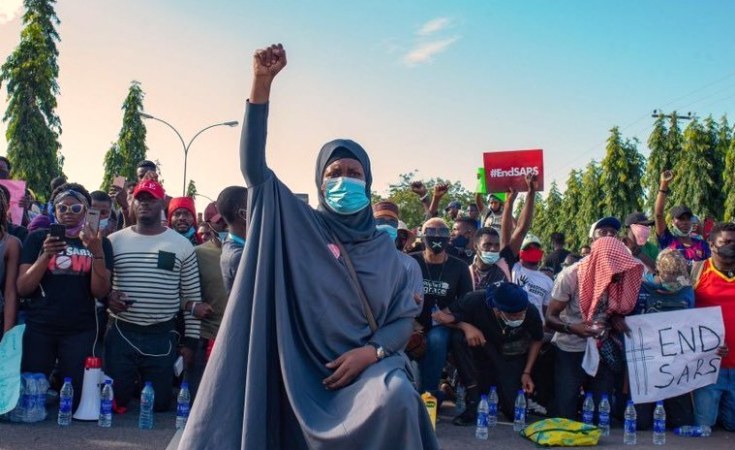Ahead of the forthcoming general elections, the Country Director, Plan International Nigeria, Charles Usie, has stated that political party manifestoes are not reflective enough of gender specific or child development-focused issues.
According to him, their analysis of the parties manifestoes based on the four pillars of development; protection, survival and participation revealed this reality.
He also noted that a particular case in point was the rejection of the gender equality bills by the National Assembly which drew global attention to Nigeria and gave rise to protests.
In a statement made available to THISDAY, the organisation frowned at the poor reflection of girls and women issues in the manifestoes of political parties ahead of the 2023 general elections.
"The results of a survey carried out by the organisation published in a position paper indicated that despite the fact that women constitute 49.47 per cent of the Nigerian population, and 47.50 per cent of registered voters, issues relating to them are completely absent in many parties' manifestoes and where they are mentioned. They appear as footnotes.
"While the parties appeared to have mentioned women, children, girls, and youth issues in their manifestos, the details of these raise questions about their understanding of the issues or the level of importance they attach to them, thus leaving a foggy mirroring of their issues," the statement added.
The organisation observed that the relegation of women, children, and girls and their issues to the background in national discourse and development including other spheres of decision making have subsisted for so long, now taken as the norm.
The statement hinted that in spite of the country's commitment to all of the goals of the Sustainable Development Goal (SDGs) and assent to, as well as ratification of other relevant global, and regional conventions related to girls and women's rights.
Usie said it had become imperative that all political parties prioritised meaningful and active participation and engagement of women, youths, and young girls in governance process as they constitute about 50 percent of the populace, in addition to their inalienable rights to protection, safeguarding, livelihood, survival, and full participation in social, political, and economic activities, within Nigeria.
"In the few days remaining before the 2023 general elections, the political parties and their candidates across the country should reconnect with the electorate, especially adolescent girls, women, people living with disabilities and all minorities and articulate in clear and unambiguous terms their programme in response to their peculiar issues.
"The parties and their candidates at all levels with the collaboration of their constituencies, develop a scorecard of their promises as part of the accountability framework and their commitment to the people. These should include civil society organisations, youth platforms, persons with disabilities, trade unions, women groups, girls-led platforms, and minorities," he said.


